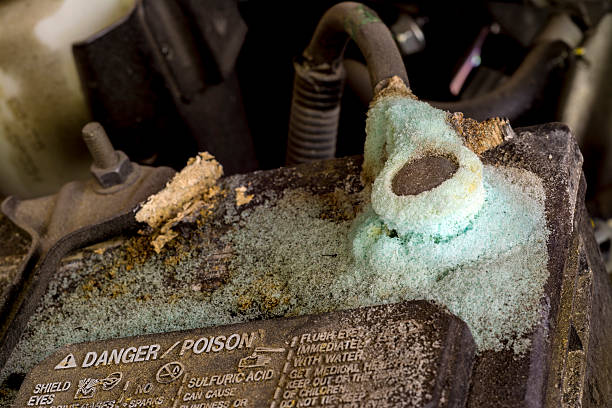sulphuric ACID

Indroduction
Sulfuric acid , chemical formula H₂SO₄, is one of the most important and widely used industrial chemicals. It is a strong, colorless, oily liquid that is highly corrosive and has a wide range of applications across various industries. Here's a detailed description of sulfuric acid
| CAS No. | 7664-93-9 |
| FORMULA | H₂SO₄ |
| MOLECULAR WEIGHT | 98.079 g/mol |
Chemical Properties
Sulfuric acid is a diprotic acid, meaning it can donate two protons (H⁺ ions) per molecule. Its chemical structure consists of two hydrogen atoms, one sulfur atom, and four oxygen atoms. The compound is highly soluble in water, and when dissolved, it dissociates into hydrogen ions (H⁺) and sulfate ions (SO₄²⁻).
Standard Specification
|
Total acidity (as H2SO4) |
98.0 min |
|
Residue on ignition |
0.2 |
|
Iron as Fe |
0.05 |
|
Chloride as CI |
0 |
|
Lead as Pb |
0.01 |
|
Arsenic as As |
0 |
Physical Properties
| Color | It is a colorless liquid, which can further contribute to its deceptive nature. |
| Density | Sulfuric acid is denser than water, with a density around 1.84 g/cm³. |
| Boiling Point | The boiling point of sulfuric acid is approximately 337 °C (639 °F). |
| Odor | Sulfuric acid has no distinct smell, which can make it particularly dangerous as its corrosive nature might not be immediately noticeable. |
| State | Sulfuric acid is typically a viscous, oily liquid at room temperature. It doesn’t freeze at common atmospheric conditions but can become supercooled. |
Production
Sulfuric acid is primarily produced through the contact process, which involves the following steps:
| Sulfur Combustion | Sulfur (usually obtained from natural sources) is burned to produce sulfur dioxide gas (SO₂). |
| Sulfur Dioxide Conversion | Sulfur dioxide is then oxidized to sulfur trioxide (SO₃) using a catalyst like vanadium(V) oxide or platinum |
| Sulfur Trioxide Dissolution | Sulfur trioxide is dissolved in concentrated sulfuric acid to produce oleum, which is a solution containing various concentrations of sulfur trioxide in sulfuric acid. |
| Dilution | Oleum is then diluted with water to produce the desired concentration of sulfuric acid. |
Uses
| Chemical Manufacturing | It’s a crucial component in the production of fertilizers (like superphosphate), detergents, pigments, and dyes. |
| Petroleum Industry | Sulfuric acid is used in refining crude oil and in the manufacturing of various petrochemical products. |
| Battery Production | Lead-acid batteries used in vehicles and uninterruptible power supplies require sulfuric acid as an electrolyte. |
| Metal Processing | It’s used for pickling (cleaning) metal surfaces and in the manufacture of various metals. |
| Synthetic Fiber Production | Sulfuric acid is used in producing synthetic fibers like nylon and rayon. |
| Water Treatment | It’s used for pH adjustment and wastewater treatment. |
| Safety Considerations | Sulfuric acid is used in refining crude oil and in the manufacturing of various petrochemical products. |
